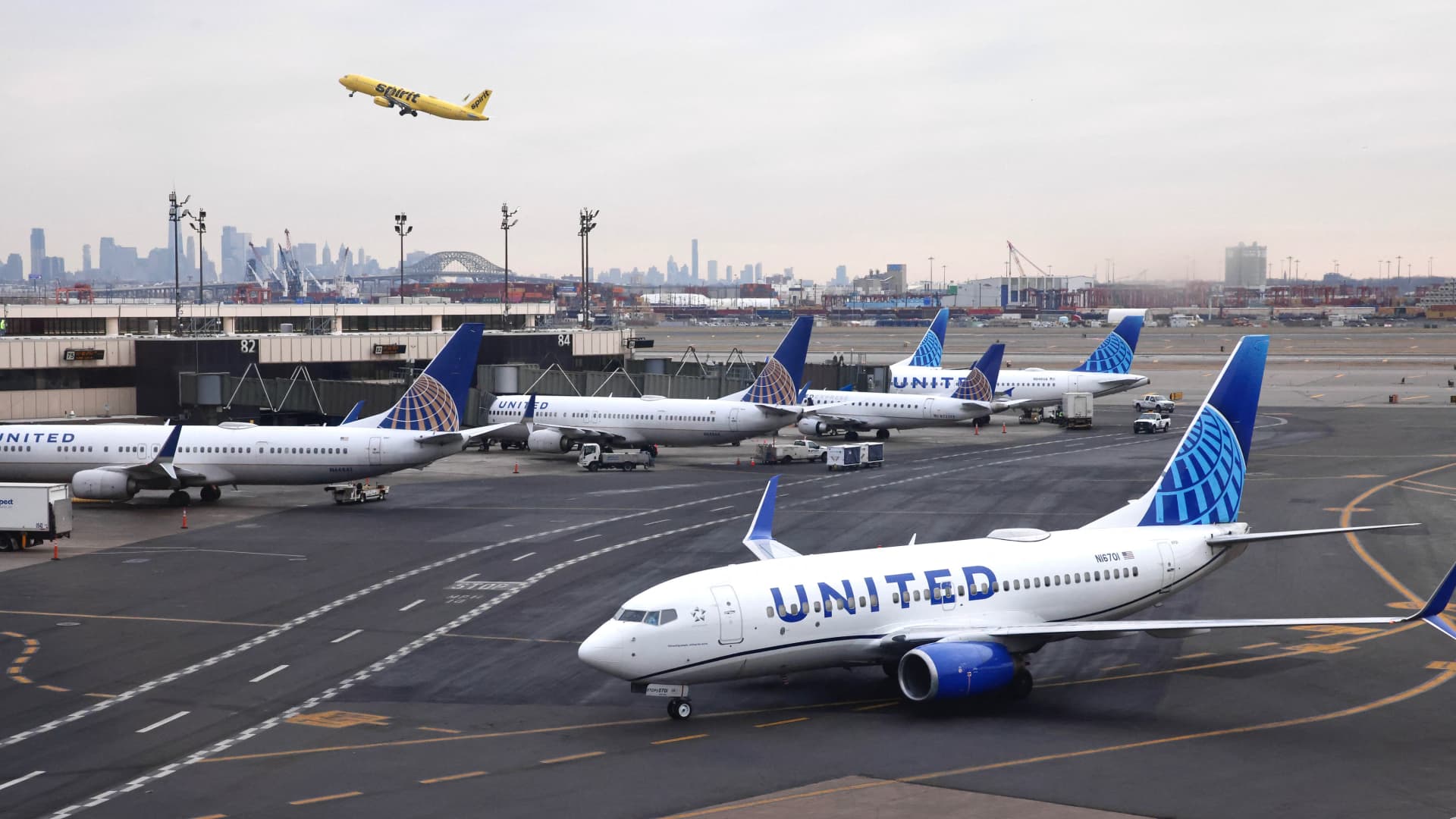
Las Vegas is launching a new campaign to boost tourism after a significant summer slump.
The new campaign, "Welcome to Fabulous Las Vegas," will focus on value for visitors and offer promotions and other incentives at the destination.
The city has seen visitation decline for seven consecutive months, with the most recent report from July showing a 12% decline year over year.
And yet, MGM Resorts CEO Bill Hornbuckle says, "Las Vegas is not done or dead."
"To the contrary, I think there's lessons to be learned, you know, in terms of value and value creation," Hornbuckle told CNBC Thursday at the Bank of America Gaming and Lodging Conference.
Hornbuckle said affordability and perceptions of value have been especially top-of-mind for budget-conscious visitors. He pointed to the deals available at the Excalibur, one of MGM's resorts on the Las Vegas Strip: $85 rooms, including resort fee; $5 tables; $5 beers. But the $12 Starbucks coffee grabs the headline.
"There is value there, and there's always been value," Hornbuckle said. "We let the narrative get away from us and shame on us. We need to do a better job."
MGM and Las Vegas more broadly had posted several years of growth in visitation, room rates and profits before this year's slowdown.
When asked whether the Vegas slump could be a canary in the coal mine for U.S. travel more broadly, Hornbuckle, who chairs the U.S. Travel Association, said it does seem to be a leading indicator. And the industry as a whole is facing some troubling obstacles.
Canadian visitation to the U.S. has plummeted some 40% this year, following comments by President Donald Trump about Canada as a potential 51st U.S. state and evolving trade policies. The Canadian dollar has also weakened, lessening the buying power of visitors crossing the border into the U.S.
Tourists take photos near the Las Vegas strip.
Robyn Beck | Afp | Getty Images
Hornbuckle also pointed to massive price hikes for a U.S. visa, from $100 to $350, where a family of four visiting for the Ryder Cup, World Cup or Olympics in 2028, for example, could pay $1,400 for visa documents alone.
"International travel in 2016 had a $50 billion U.S. surplus. Today it's a $50 billion deficit," Hornbuckle said.
The government's commitment to funding marketing and promotion of U.S. travel was also slashed by 80% in the most recent spending bill, to $20 million.
"We obviously find ourselves in a world that has a fair amount of uncertainty from a macroeconomic perspective, from a socio-political perspective," Marriott CEO Tony Capuano told investors at the BofA conference Thursday. "Marriott, and the sector more broadly, thrives in times of certainty and stability. So that creates some measure of challenge."
Capuano said there's been a slight uptick after Labor Day in some segments of travel. He said Marriott sees spending restrained in budget travelers and small businesses. But he described demand for luxury travel as "sturdy."
Wyndham Hotel and Resorts CEO Geoff Ballotti laid out an optimistic view of the travel industry, noting robust demand for extended stay, driven in part by projects supporting the government's infrastructure spending.
"You're seeing incredible interest in investment right now," Ballotti told CNBC. "Our new construction pipeline, 20 consecutive quarters of growth, is at an all-time high. We're seeing groundbreakings accelerate. We're seeing a new construction pipeline accelerate, and we're seeing it more so here domestically than we are anywhere else in the world."

 3 hours ago
1
3 hours ago
1






















 English (US) ·
English (US) ·